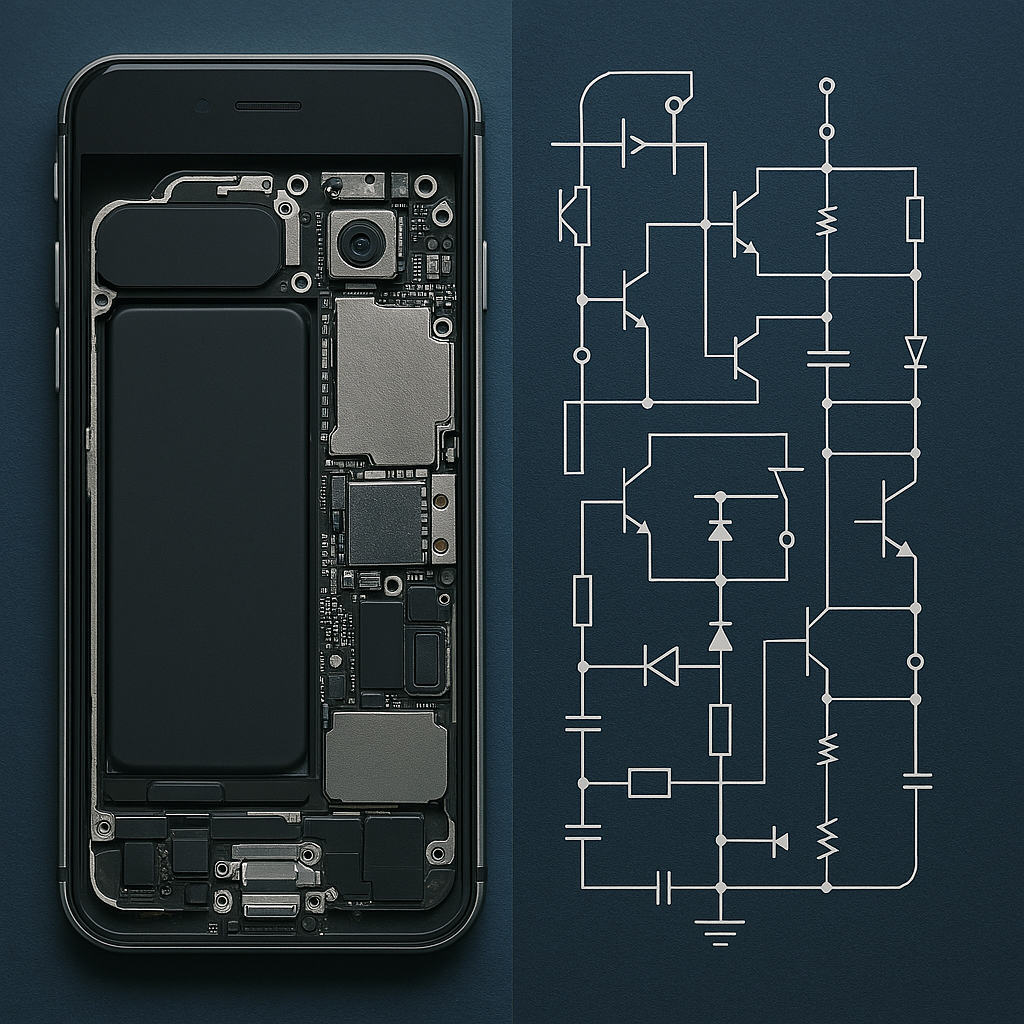In AMS-OSRAM USA Inc. v. Renesas Electronics America, Inc., the Federal Circuit clarified key principles governing trade secret damages under Texas law, including how “head start” periods are calculated and when exemplary damages may be awarded in conjunction with equitable remedies. The decision also affirms that parallel contract damages are permissible where tied to non-overlapping sales and provides important guidance on the calculation of prejudgment interest.
Background and Procedural History
The dispute between AMS-OSRAM (formerly TAOS) and Renesas (formerly Intersil) dates back to 2008, when TAOS sued Intersil for trade secret misappropriation and breach of a confidentiality agreement relating to ambient light sensor technology. Patent claims were ultimately dismissed, and liability on the trade secret and contract claims is no longer contested.
Following a 2015 jury trial and a prior appeal in Texas Advanced Optoelectronic Solutions, Inc. v. Renesas Electronics America, Inc., 895 F.3d 1304 (Fed. Cir. 2018) (“TAOS 2018”), the Federal Circuit remanded for a redetermination of damages under a narrower liability theory and confirmed that equitable remedies like disgorgement must be tried to the bench, not a jury.
Disgorgement and the “Proper Accessibility” Date
On remand, the district court awarded $8.546 million in disgorgement based on Intersil’s pre-April 28, 2007, sales of the ISL29003 to Apple. The court found TAOS’s trade secret became “properly accessible” to Intersil in January 2006, when Intersil reverse-engineered TAOS’s publicly released product.
The Federal Circuit reversed this finding, holding that the proper accessibility date was February 28, 2005, when reverse engineering first became possible—not when Intersil actually performed it. The court emphasized that under Texas and Fifth Circuit law, information is no longer protectable as a trade secret once it is readily ascertainable by proper means (citing Tewari De-Ox Sys., Inc. v. Mountain States/Rosen, L.L.C., 637 F.3d 604, 612 (5th Cir. 2011); Bonito Boats, Inc. v. Thunder Craft Boats, Inc., 489 U.S. 141, 155 (1989)).
Head Start and Causation Findings Upheld
Despite the earlier accessibility date, the Federal Circuit affirmed the district court’s 26-month head start period, citing sufficient evidence that Intersil lacked the expertise to compete in the ambient light sensor market absent its use of TAOS’s confidential information. The head start ended in April 2007, and Intersil’s iPod Touch design win in September 2006—preceding that date—was thus found to justify full disgorgement of profits from subsequent related sales.
The court affirmed that TAOS could recover the full profits from those sales without apportionment, as evidence showed the trade secret was central to Intersil’s ability to compete.
Exemplary Damages for Equitable Disgorgement
Intersil argued that exemplary damages were unavailable because disgorgement is an equitable remedy. However, the court deemed this argument waived because it was not raised in the prior appeal. It further held that the jury—not the judge—properly determined the amount of exemplary damages, ultimately capped at twice the disgorgement award ($17.092 million) per Tex. Civ. Prac. & Rem. Code § 41.008.
Breach of Contract and Election of Remedies
Intersil’s challenge to a parallel reasonable royalty award under the confidentiality agreement was rejected. The court found no impermissible double recovery because the trade secret and contract claims were tied to non-overlapping product lines.
Moreover, the jury’s adoption of a 10-year license duration in the hypothetical royalty negotiation was supported by evidence of similar industry practice and the high value of early market access. The court also affirmed the award of attorneys’ fees under the agreement’s indemnity clause, finding that it encompassed direct breach actions.
Prejudgment Interest: Reversed and Remanded
The one point of reversal came on prejudgment interest. The court vacated the district court’s award, holding that interest cannot accrue before the damages-triggering sales occurred. The district court must now determine appropriate accrual dates within the permissible window of November 25, 2008 (complaint filing), to June 3, 2014 (license expiry), guided by both Texas and California law (see Matthews v. DeSoto, 721 S.W.2d 286, 287 (Tex. 1986); Lewis C. Nelson & Sons, Inc. v. Clovis Unified Sch. Dist., 108 Cal. Rptr. 2d 715 (Ct. App. 2001)).
Key Takeaways
- Accessibility matters: Trade secrets lose protection once reverse engineering becomes feasible—even if not yet performed.
- Head start periods are factual and compensatory: Courts may award profits earned within a justifiable window even after trade secrets become accessible.
- Exemplary damages are not foreclosed for equitable remedies if liability is tried to a jury and preserved on appeal.
- Contract and trade secret remedies can coexist where sales and theories are distinct.
- Prejudgment interest must reflect when the actual injury occurred, not merely the date of suit.
This opinion underscores the importance of properly framing remedies on remand and preserving all damages theories early on appeal.
By Charles Gideon Korrell


Leave a Reply